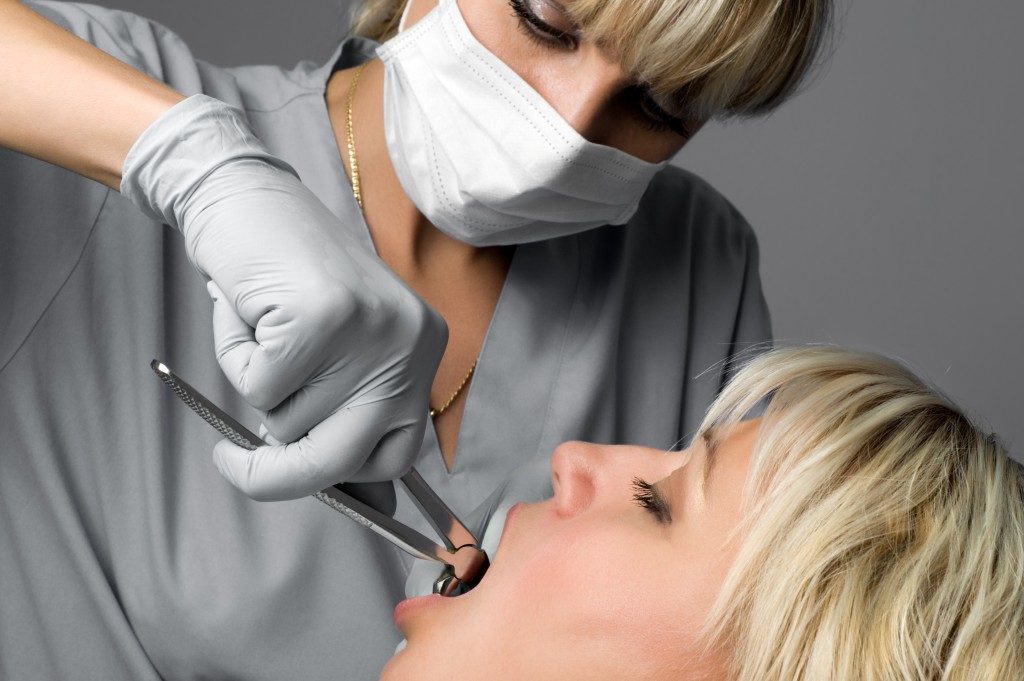When children hear that adults have to have their teeth removed as well, it is common to see confused looks on their faces. Normally, we associate tooth extraction with young children who are losing their milk teeth. However, in some cases, adults have to have some teeth removed as well. Specifically, many adults end up having their wisdom teeth removed.
Wisdom teeth refer to the third and last group of molars to emerge. They usually emerge from the ages of 17–25, but in some cases, they may not develop or emerge at all.
Sometimes, they may emerge perfectly and fit right in the back of the mouth. Most of the time, however, there is not enough room in the mouth and jaw for them to properly emerge. This results in the wisdom teeth becoming impacted, thus requiring their removal.
Wisdom teeth extraction is performed throughout the country, including in Taylorsville, Utah. Here are some reasons dentists would recommend the impacted wisdom teeth removal:
Eliminate pain in your teeth
If a wisdom tooth is impacted, it could mean that there is not enough room for it to emerge. As a result, it will end up creating pressure on your jawbone and your other teeth, thus creating a chronic painful sensation at the back of your mouth. When this occurs, a dentist will recommend the removal of your wisdom teeth.
In worse cases, the wisdom teeth may grow at abnormal angles. For example, rather than growing straight up and down like other teeth, they would grow at a slanting angle towards the next tooth or towards the back of the mouth, or even at a right angle, as if the tooth were “lying down.” This is not only very painful but also puts your teeth at greater risk of damage, infection, and cavities. The contact between the wisdom teeth and the other molars makes these areas much harder to clean, thus increasing the possibility of damage occurring here.
Prevent damage to the jaw and gums
It is not only other teeth that are at risk of damage but the jawbone and gums as well. If the wisdom tooth is impacted, it will develop in a sac within the jaw. When this occurs, there is a possibility that the sac will fill with fluid. This can lead to the formation of a noncancerous cyst, which in turn can damage the nerves and tissues in the jawbone. Fixing this would then require removal of the damaged tissues in the jaw.
Having impacted wisdom teeth also increases the risk of developing gum diseases. The pressure created by the teeth on the gums can lead to the inflammation and swelling of the gum tissues around the tooth, in a condition called pericoronitis. This, in turn, could lead to difficulty in biting, as well as possible infections.
Achieve proper alignment

Having impacted wisdom teeth usually results in the crowding of the other teeth. This will then result in the other teeth becoming misaligned. This is not only aesthetically displeasing, but also results in an improper bite. Hence, those who require their teeth to be straightened usually need to have their wisdom teeth removed as well, in order to free up space for the remaining teeth. Wisdom teeth removal is also encouraged to prevent the crowding of the teeth in the first place, even if the other teeth do grow out straight.


